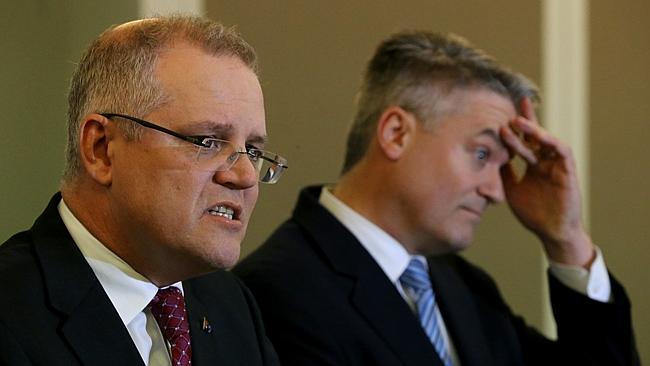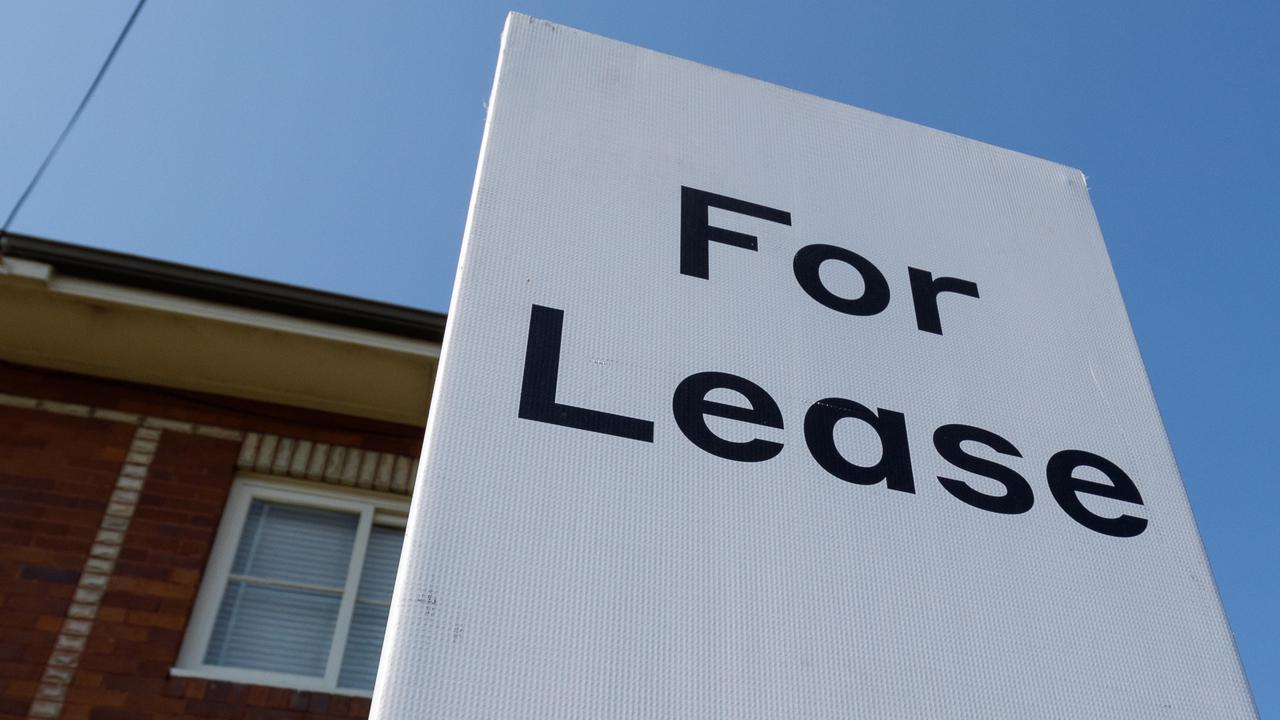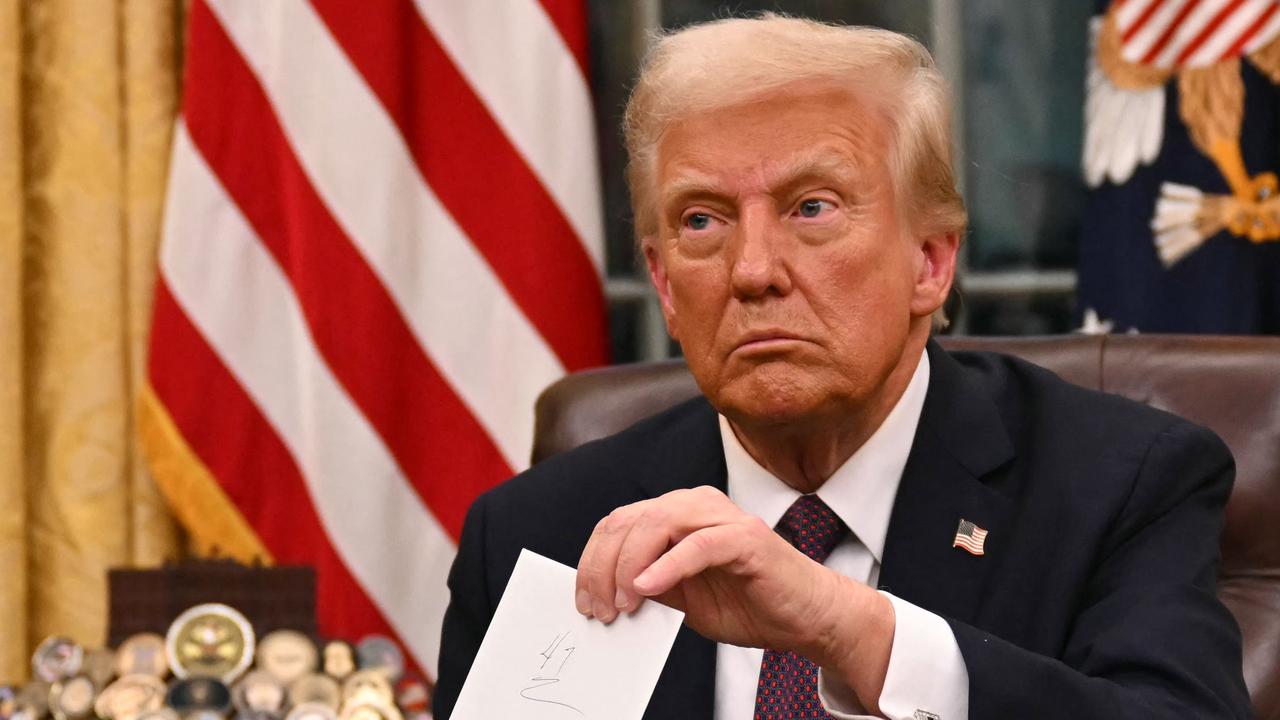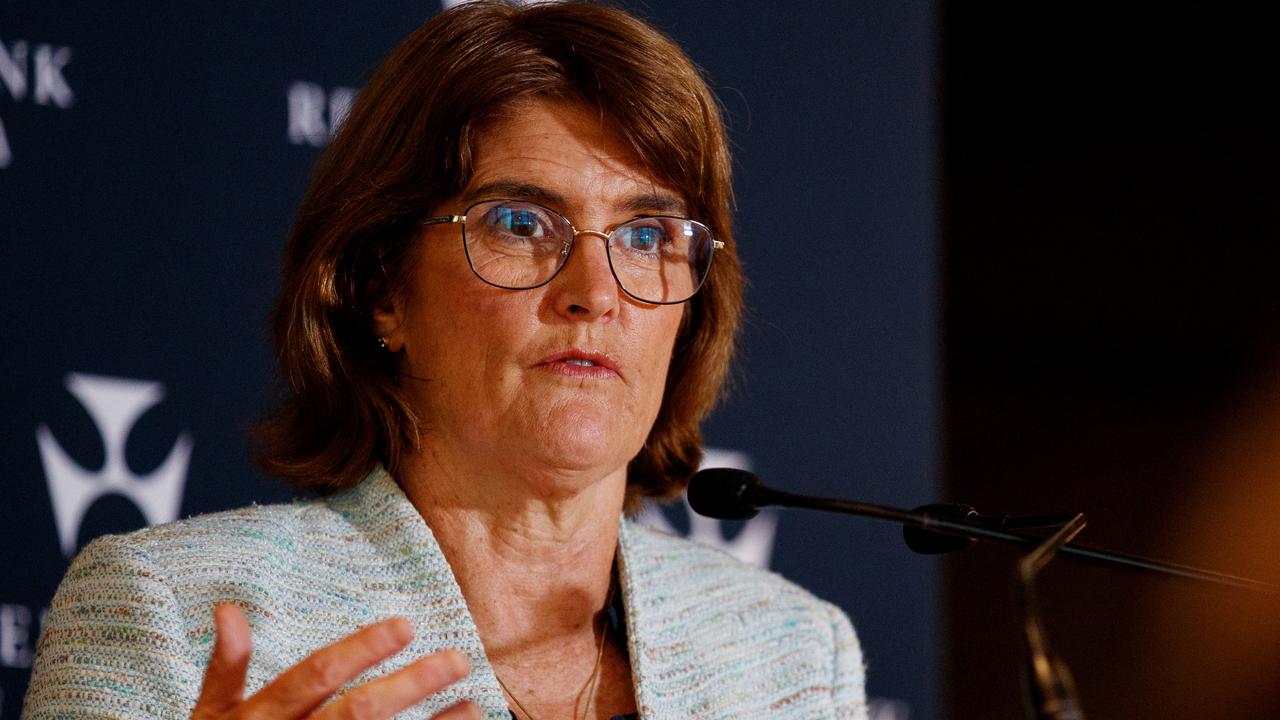Confused how each side will fund its election promises? You’re not alone
THE Coalition is gloating that it has committed a “very low $1.2 billion” since the start of the campaign. Should they really get a pat on the back for that?

OPINION
VOTERS have been shut-out of much of the last-minute election campaigning by the strange tongues and stranger calculations major parties are using in the costings debate.
It has been as if Liberals Treasurer Scott Morrison and Finance Minister Mathias Cormann and Labor counterparts Chris Bowen and Tony Burke have spent most of the week in private conversation — a gang of four talking among themselves.
The remoteness of this conversation was highlighted by a line from Mr Cormann yesterday.
“If you look at the commitments that we’ve made in this campaign that were not previously provisioned for in the budget it is a very low $1.2 billion,” Mr Cormann told reporters.
“Which if you put it into perspective of previous campaigns I think you will find that it is extremely frugal and an extremely low level of expenditure for an election campaign period.
“So I would put it into that context for you.”
No, he won’t.
It’s not just the interesting observation that $1.2 billion is spare change, a figure showing almost monastic self-denial. Tell that to people whose wages have barely moved for three years.
There also is the belief nobody remembers the May 3 Budget and the $50 billion over 10 years offered in company tax cuts. Had that slipped Mr Cormann’s mind?
The costings conversation is based on the premise a bunch of numbers and extremely skilled guess-work will convince voters the party leaders know what they will be doing for decades ahead.
However, the chatter tends to establish that those party leaders are just as confused as the ordinary voter. That is roughly the position taken by the Parliamentary Budget Office.
The independent PBO has warned that Labor’s calculations don’t do what Mr Bowen says they do, Fairfax Media reports today.
In brief, changes to negative gearing and capital gains tax might not produce the $37 billion in savings over 10 years Labor says they would. In part that was because the markets would adapt in ways which could not be forecast from this vantage point.
Hovering over this is the strong suspicion in the electorate that the further out politicians say they can predict economic conditions, the less reliable those predictions. Malcolm Turnbull has admitted this.
Another problem is that by locking themselves into set fiscal positions, party leaders leave no room for changes to match altered conditions. This type of sensible flexibility is now condemned as “a broken promise”.
So Labor has barred itself in government from outsourcing any mechanical elements of Medicare, even if that would lower costs, improve services to patients, and make the scheme more sustainable.
And the Coalition will stick to an extended Medicare rebate freeze, which is almost certain to become a tax on families by increasing the cost of GP visits.
The costings conversation is important because there must be an accounting of spending. Voters need to know whether promises can be afforded.
However, the more strangled the fiscal logic, and grander the claims, the less faith voters have in what they are being told.
This election campaign, which began eight weeks ago with a vigorous Budget debate and is ending the same way, must be an unbecoming costings peak




